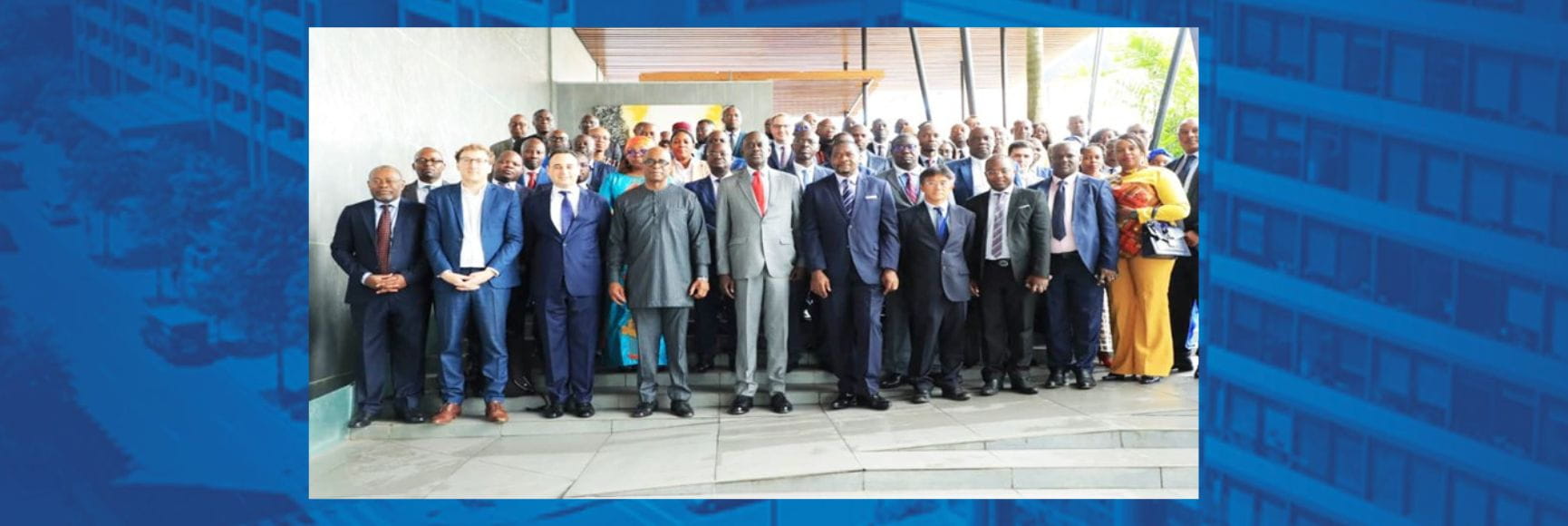To help Sub-Saharan African (SSA) countries overcome public investment challenges and make public infrastructure greener and more resilient, an interregional seminar was held in Abidjan from May 30 to June 1, 2023. The workshop brought together 150 participants from 21 countries.[1]
The seminar comprised six thematic sessions:
- Session 1 presented an overview of public investment challenges in the region and the assessment results using the IMF’s Public Investment Management Assessment (PIMA) methodology https://0-infrastructuregovern-imf-org.library.svsu.edu/content/PIMA/Home/PimaTool/What-is-PIMA.html.
- Session 2 explored the climate change challenges facing African countries and their impact on public infrastructure. It explained the importance of making public investment greener and more resilient using the C-PIMA methodology, presented the results of C-PIMA assessments undertaken in African countries and good practices in the region. Chad and the Democratic Republic of Congo[2] shared their experience of C-PIMA evaluations.
- Session 3 analyzed the relevance of project appraisal and project selection. It also highlighted the importance of incorporating climate-related risks in project identification, appraisal, and selection. Senegal and Côte d’Ivoire shared the reforms they have made in these areas. The participants discussed the value of setting up a facility to finance projects’ feasibility studies.
- Session 4 focused on improving the identification and codification of public investment projects for effective monitoring throughout the project cycle, including the tracking of climate-related projects. Gabon and Guinea shared their experiences. Key takeaways of the session included supplying each project with a unique code that can be included in a country’s projects database and/or its Public Investment Plan.
(v) Session 5 presented an approach to public investment budgeting using the commitment’s authorization and credit payment (AE-CP) methodology. Benin and Burkina Faso elaborated on their national experiences. Participants noted that the adoption of the AE-CP methodology requires capacity development and a well-functioning financial management information system. It may also require piloting in selected ministries.
(vi) Session 6 analyzed the management of fiscal risks related to public infrastructure. It mainly focused on the identification, quantification, and budgeting of those risks, during which the Côte d’Ivoire shared their experience. The risks facing PPP projects were extensively discussed.
The seminar was organized by the IMF’s Regional Technical Assistance Centers for Central and Western Africa (AFC and AFW) in collaboration with the IMF’s Fiscal Affairs Department. It was realized with the financial support of GIZ and the Government of Japan through the Second Infrastructure Governance Facility project (IGF-II). The event included interactive lectures, the sharing of good practices in adopting PIMA and C-PIMA’s recommendations, and dynamic Q&A sessions.
[1] Benin, Burkina Faso, Burundi, Cameroon, Central African Republic, Chad, Republic of Congo, Comoros, Democratic Republic of Congo, Equatorial Guinea, Gabon, Guinea, Guinea-Bissau, Ivory Coast, Madagascar, Mali, Mauritania, Niger, Sao Tome and Principe, Senegal, and Togo.
[2] The DRC’s C-PIMA report is available at DRC PIMA - English version.pdf (imf.org).






